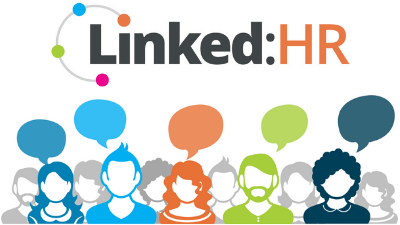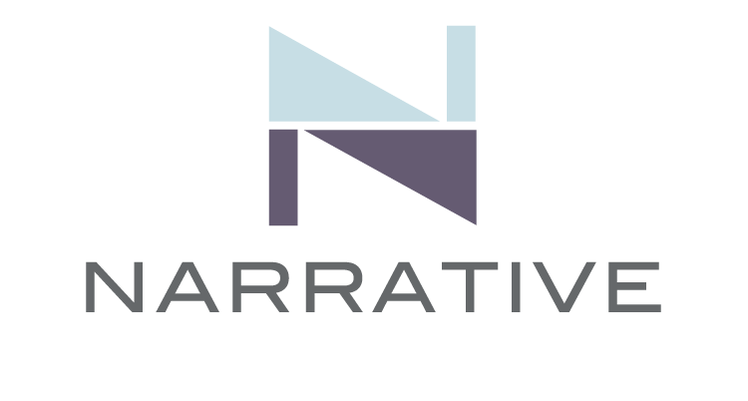|
"What will you do with the power you were given?" Dr. Patrick Pauken, an outstanding professor from my Alma Mater, Bowling Green State University, used to ask us this question in his ethics course. I often start my own ethics courses this way.
This question is relevant as we get closer to the presidential election in the United States. A case in point: Is it ethical for organizations to support a political candidate openly? Should the CEO speak on behalf of a candidate? Should a store post a political banner? And does it matter if the support is covert - for example, a political donation? Some might say that NOT doing so means silencing our voices. Thus, speaking on behalf of "Candidate X" is not only allowed, but it's also a moral obligation. However, when CEOs (or anyone in a position of authority, including professors) "speak up," they exercise their power. Employees could feel obligated to agree. In that case, "speaking up" could mean coercion. An important point: I am not asking if making political statements or donations is "legal." I am asking if it's ethical. HR professionals and leaders: What do you think?
0 Comments
Leave a Reply. |
Dr. Cris WildermuthDr. Cris Wildermuth is Linked:HR's Community Leader and an Associate Professor at Barry University. You may find out more about Dr. Wildermuth's leadership development, ethics, and intercultural development consulting practice at THIS PAGE. Archives
March 2021
Categories
All
|
Thank you to our Sponsors!
Would you like to support Linked:HR? Consider becoming one of our sponsors! Your logo and services will be displayed in our page. Additional business services are available to our sponsors. Please CLICK HERE for additional information.
|
|



 RSS Feed
RSS Feed



